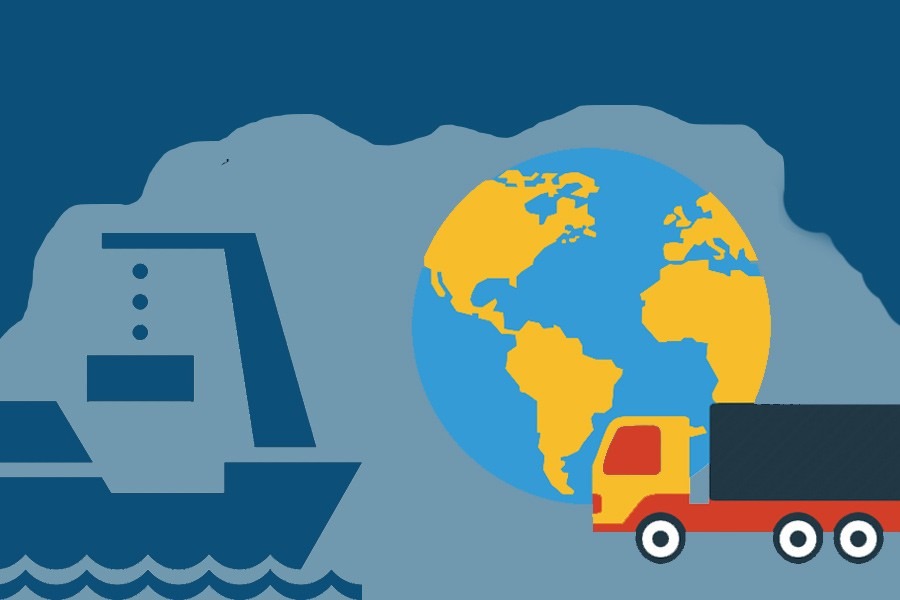
Published :
Updated :

While Bangladesh has long focused on removing non-tariff barriers (NTBs) in other countries to facilitate its exports, it now finds itself facing similar demands from the European Union (EU) -- its largest trading partner. The EU has formally asked Dhaka to eliminate a number of trade- and investment-distorting NTBs as part of efforts to deepen bilateral trade relations. According to official sources, the EU has identified around 60 types of NTBs -- categorised under 13 broad areas in a document prepared in consultation with EU member states -- that it views as major impediments to business expansion,.
The EU's list highlights sector-specific obstacles affecting trade in agriculture, food and dairy products and pharmaceuticals-sectors that have significant potential but remain constrained by procedural and regulatory bottlenecks. The identified NTBs span critical areas such as investment, services, customs procedures, government procurement, intellectual property rights (IPR), counterfeit goods, double taxation and profit repatriation. As Bangladesh prepares to graduate from the Least Developed Country (LDC) category in 2026, the EU has emphasised the need to align its commercial and regulatory practices with international standards. The EU also notes that restrictions on foreign access to bonded warehouses, inland container depots and quality-control operations continue to limit trade efficiency.
In the agro-business sector, the EU has pointed to complex licensing processes, inconsistent product standards and discriminatory duties -- especially on filled milk powder -- that discourage agricultural exports to Bangladesh. Other technical barriers include non-recognition of international test reports and mandatory radiation-testing requirements that complicate market access for European exporters. In the pharmaceutical sector, the EU has identified slow approval processes for new products, limited compliance with international marketing codes, and logistical challenges in cold-chain management and ground handling of sensitive medicines. Concerns have also been raised over non-transparent procurement practices and tendering rules that distort competition. Beyond these sectoral issues, the EU's document underscores weaknesses in tax administration, inadequate enforcement of IPR laws --particularly for seed-related innovations -- and regulatory hurdles that restrict the repatriation of profits, dividends and licensing fees by foreign companies. The EU has made it clear that in order to expand trade and investment ties, Bangladesh must demonstrate a firm commitment to fair, transparent, and rules-based trade governance. It also reaffirms the bloc's readiness to engage with Dhaka through constructive policy dialogue to address these challenges. Importantly, the EU stresses that ensuring a level playing field will benefit not only European exporters and investors but also Bangladeshi businesses that seek to operate in a predictable and competitive environment.
It appears that most of the reported barriers are process-related rather than rooted in legal or policy frameworks. Nevertheless, removing them would unlock significant opportunities for trade and investment on both sides and support Bangladesh's economic transition beyond LDC status. To meet these expectations, Bangladesh should adopt a comprehensive and time-bound action plan to address the EU's concerns on a priority basis. By enhancing regulatory transparency and aligning standards with global best practices, Bangladesh can strengthen investor confidence and consolidate its partnership with the EU in the post-LDC era.


 For all latest news, follow The Financial Express Google News channel.
For all latest news, follow The Financial Express Google News channel.